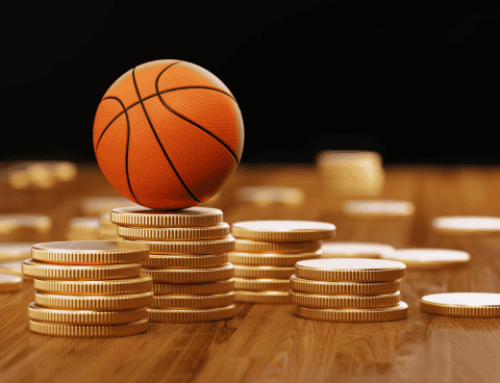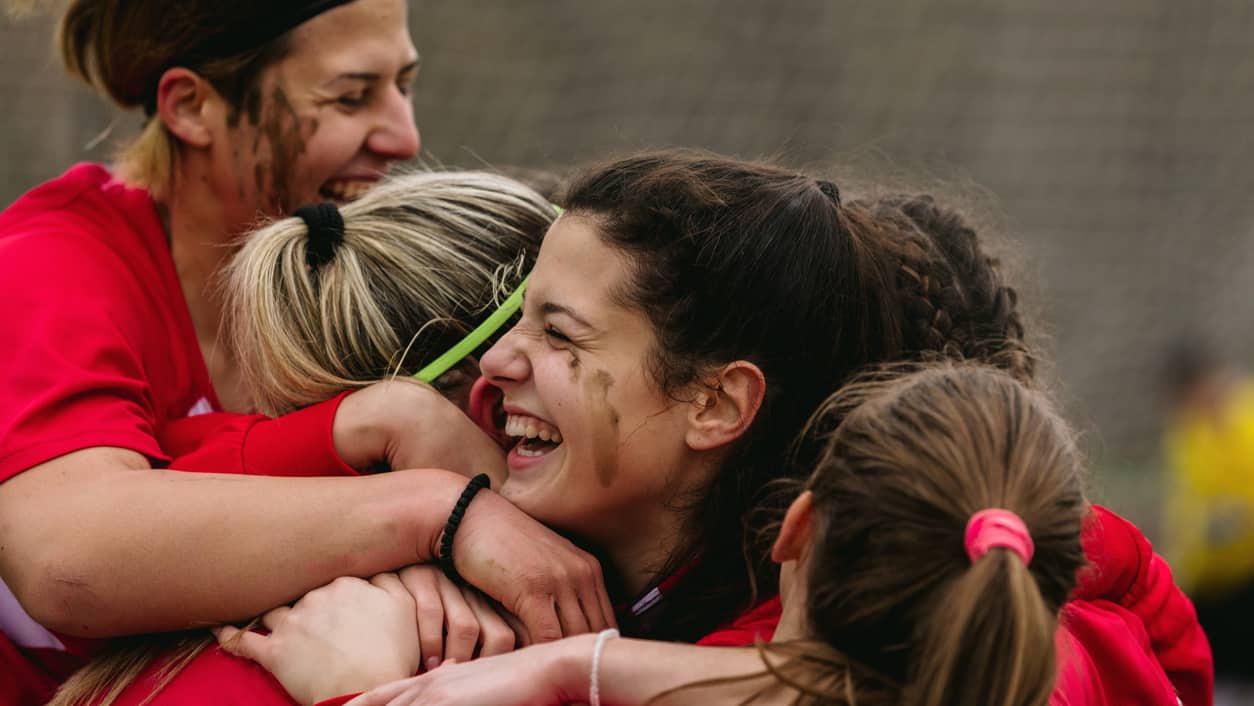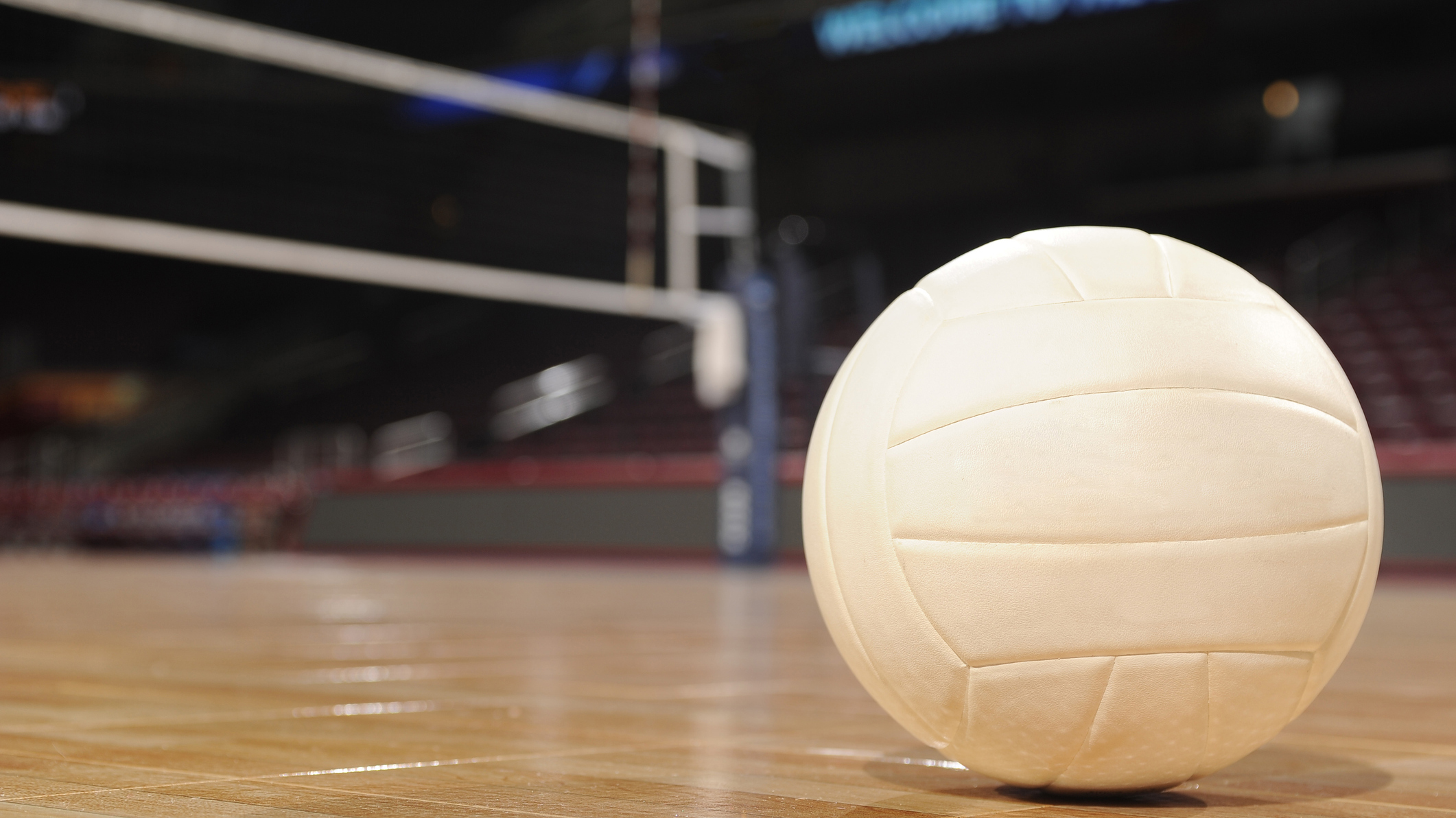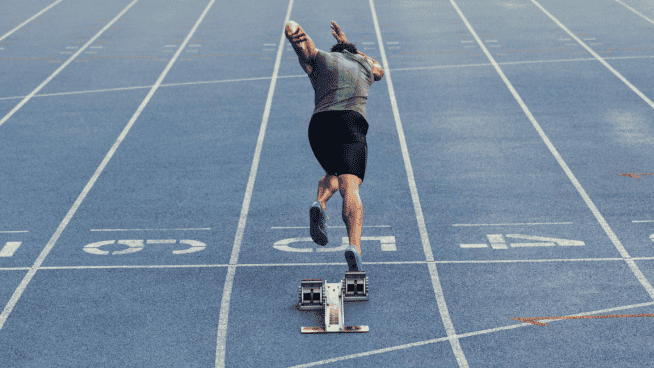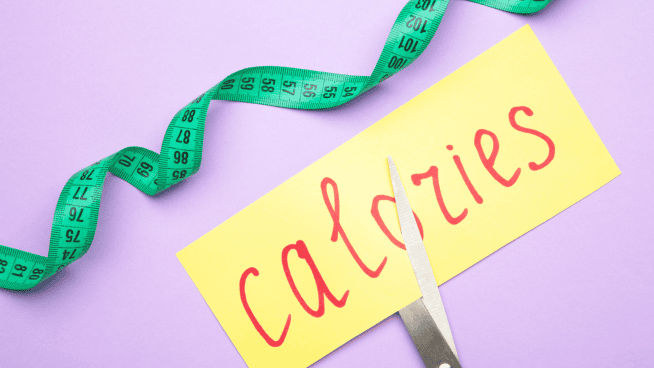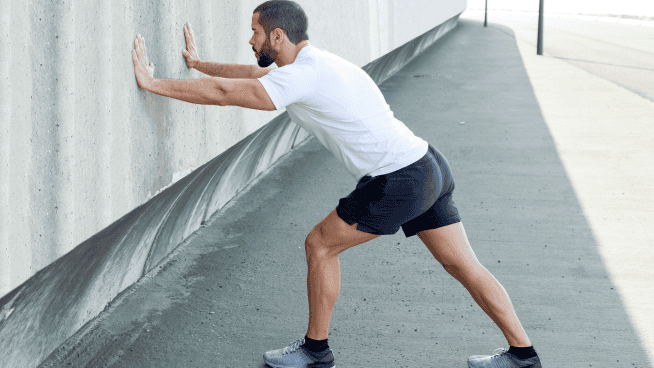Mean Girls: How To Combat Bullying
When we think about successful athletes, we focus on who they are now. But before they were superstars, many pro athletes were awkward and insecure. We just never think about how they might have been bullied and picked on, like almost everyone else.
This past week, top WNBA draft picks Brittney Griner, Elena Delle Donne and Skylar Diggins created a media frenzy when they discussed how they were all bullied as kids.
Bullying isn’t reserved for the girls’ locker room. It’s universal and it happens in sports more often than we think. (Must read: The Huffington Post’s article on Daniel Cui, a soccer goalie who was picked on for missing a goal.)
Bullying: Three Common Forms
Verbal Bullying
This occurs when a person uses words to make a victim feel bad about herself. For example, Elena Delle Donne talked about how people called her sister a monster.
Physical Bullying
Hostile aggression occurs when a bully causes physical harm to her victim. In sport psychology, we refer to this as hostile aggression, because the intent is to harm someone—as opposed to inadvertently hurting someone, like accidentally elbowing an opponent when going up for a layup.
Relational Bullying
Relational bullying is when a bully tries to damage or negatively affect someone’s relationships or status within a group. For example, Brittany Griner said she was often badmouthed among her teammates for her sexuality.
Why Female Athletes Get Bullied
As Skylar Diggins put it in her interview, “girls are cruel.” At its root cause, bullying has to do with the human needs for power, self-esteem and relationships with others.
Everyone wants to feel confident and in control over what they do. Often, a bully tries to assert her power and superiority over the person she is picking on. For female athletes, this may occur because a bully hasn’t learned (or been taught) the true meaning of competition and how to feel confident and in control in a positive way. Griner often experienced this when bullies made fun of her size. Her tormentors were trying to make themselves feel better about being smaller.
The human need to relate to others can become a struggle when we are constantly being compared and coming up short. Comparisons engender bias, and they can lead to bullying or an “us versus them” mentality.
A female athlete might bully an opponent simply because she’s on a different team or because she thinks the athlete is different. Griner was often bullied for her sexual orientation.
Bullied? What You Should Do
Media coverage of bullying focuses more on how to stop bullies than how to help victims. Bullying happens both on and off the playing field. Regardless of where it happens, it hurts us mentally and can adversely affect our sports performance.
The first thing a female athlete should remember is that bullying is about the reaction. A bully wants to see how you and witnesses react.
Being torn down daily is unhealthy. For victims to protect themselves mentally, they must learn how to react and gain perspective when bullying occurs. Essentially this means they must develop mental toughness. It’s not a cure-all, but it’s a key not only to ignoring bullies but also to becoming a better athlete. Victims must try to change their perspective: feel sorry for the bully instead of taking her words and actions to heart.
Dealing with bullies is one way to develop mental toughness.(Learn how to develop this trait with the Master The Five Pillars of Athletic Mental Toughness.) Here are more ways female athletes can combat bullying:
- Strengthen your self-esteem and confidence, and have faith in your confidence no matter what.
- Refocus on what you are doing rather than the bullying.
- Concentrate on mastering your skills rather than comparing yourself to others or doing things for social approval.
- Set goals for your performance.
- Serve as a positive role model for others being bullied (like Skylar Diggins mentioned about Griner).
- Lead by example by showing confidence, commitment, composure, and character no matter what the situation.
- Use the emotions you feel from being bullied to help you perform rather than letting them get you down.
- Pay attention to the things you say to yourself. If you are being bullied, don’t add to it by bullying yourself.
- Find your own in-group (like Griner, Delle Donne, and Diggins did with each other).
What Coaches Can Do to Help Their Athletes and Teams
Coaches must attend to more than what happens on the court. They must also be aware of locker room dynamics. If bullying is happening among the athletes, coaches need to deal with it by stopping the perpetrators and helping the victims. Coaches can:
- Strengthen social cohesion (the connection teammates feel with each other).
- Help the team define their identity and goals.
- Build trust among team members.
- Help the athletes identify their similarities.
- Provide opportunities for the athletes to get to know each other on a deeper level and be around each other more.
- Teach the athletes how to effectively deal with and resolve conflicts.
- Clearly define roles on the team.
- Make the vision and culture of the team clear right from the start.
- Teach the athletes the meaning of competition and respect for the game and opponents.
- Help the athletes develop better communication skills.
- Be a positive role model.
- Help the athletes learn how to work with teammates, not against them.
Final Note
If you or a teammate need help with bullying, check out the Association of Applied Sport Psychology’s website to find a certified consultant in your area.
RECOMMENDED FOR YOU
MOST POPULAR
Mean Girls: How To Combat Bullying
When we think about successful athletes, we focus on who they are now. But before they were superstars, many pro athletes were awkward and insecure. We just never think about how they might have been bullied and picked on, like almost everyone else.
This past week, top WNBA draft picks Brittney Griner, Elena Delle Donne and Skylar Diggins created a media frenzy when they discussed how they were all bullied as kids.
Bullying isn’t reserved for the girls’ locker room. It’s universal and it happens in sports more often than we think. (Must read: The Huffington Post’s article on Daniel Cui, a soccer goalie who was picked on for missing a goal.)
Bullying: Three Common Forms
Verbal Bullying
This occurs when a person uses words to make a victim feel bad about herself. For example, Elena Delle Donne talked about how people called her sister a monster.
Physical Bullying
Hostile aggression occurs when a bully causes physical harm to her victim. In sport psychology, we refer to this as hostile aggression, because the intent is to harm someone—as opposed to inadvertently hurting someone, like accidentally elbowing an opponent when going up for a layup.
Relational Bullying
Relational bullying is when a bully tries to damage or negatively affect someone’s relationships or status within a group. For example, Brittany Griner said she was often badmouthed among her teammates for her sexuality.
Why Female Athletes Get Bullied
As Skylar Diggins put it in her interview, “girls are cruel.” At its root cause, bullying has to do with the human needs for power, self-esteem and relationships with others.
Everyone wants to feel confident and in control over what they do. Often, a bully tries to assert her power and superiority over the person she is picking on. For female athletes, this may occur because a bully hasn’t learned (or been taught) the true meaning of competition and how to feel confident and in control in a positive way. Griner often experienced this when bullies made fun of her size. Her tormentors were trying to make themselves feel better about being smaller.
The human need to relate to others can become a struggle when we are constantly being compared and coming up short. Comparisons engender bias, and they can lead to bullying or an “us versus them” mentality.
A female athlete might bully an opponent simply because she’s on a different team or because she thinks the athlete is different. Griner was often bullied for her sexual orientation.
Bullied? What You Should Do
Media coverage of bullying focuses more on how to stop bullies than how to help victims. Bullying happens both on and off the playing field. Regardless of where it happens, it hurts us mentally and can adversely affect our sports performance.
The first thing a female athlete should remember is that bullying is about the reaction. A bully wants to see how you and witnesses react.
Being torn down daily is unhealthy. For victims to protect themselves mentally, they must learn how to react and gain perspective when bullying occurs. Essentially this means they must develop mental toughness. It’s not a cure-all, but it’s a key not only to ignoring bullies but also to becoming a better athlete. Victims must try to change their perspective: feel sorry for the bully instead of taking her words and actions to heart.
Dealing with bullies is one way to develop mental toughness.(Learn how to develop this trait with the Master The Five Pillars of Athletic Mental Toughness.) Here are more ways female athletes can combat bullying:
- Strengthen your self-esteem and confidence, and have faith in your confidence no matter what.
- Refocus on what you are doing rather than the bullying.
- Concentrate on mastering your skills rather than comparing yourself to others or doing things for social approval.
- Set goals for your performance.
- Serve as a positive role model for others being bullied (like Skylar Diggins mentioned about Griner).
- Lead by example by showing confidence, commitment, composure, and character no matter what the situation.
- Use the emotions you feel from being bullied to help you perform rather than letting them get you down.
- Pay attention to the things you say to yourself. If you are being bullied, don’t add to it by bullying yourself.
- Find your own in-group (like Griner, Delle Donne, and Diggins did with each other).
What Coaches Can Do to Help Their Athletes and Teams
Coaches must attend to more than what happens on the court. They must also be aware of locker room dynamics. If bullying is happening among the athletes, coaches need to deal with it by stopping the perpetrators and helping the victims. Coaches can:
- Strengthen social cohesion (the connection teammates feel with each other).
- Help the team define their identity and goals.
- Build trust among team members.
- Help the athletes identify their similarities.
- Provide opportunities for the athletes to get to know each other on a deeper level and be around each other more.
- Teach the athletes how to effectively deal with and resolve conflicts.
- Clearly define roles on the team.
- Make the vision and culture of the team clear right from the start.
- Teach the athletes the meaning of competition and respect for the game and opponents.
- Help the athletes develop better communication skills.
- Be a positive role model.
- Help the athletes learn how to work with teammates, not against them.
Final Note
If you or a teammate need help with bullying, check out the Association of Applied Sport Psychology’s website to find a certified consultant in your area.


